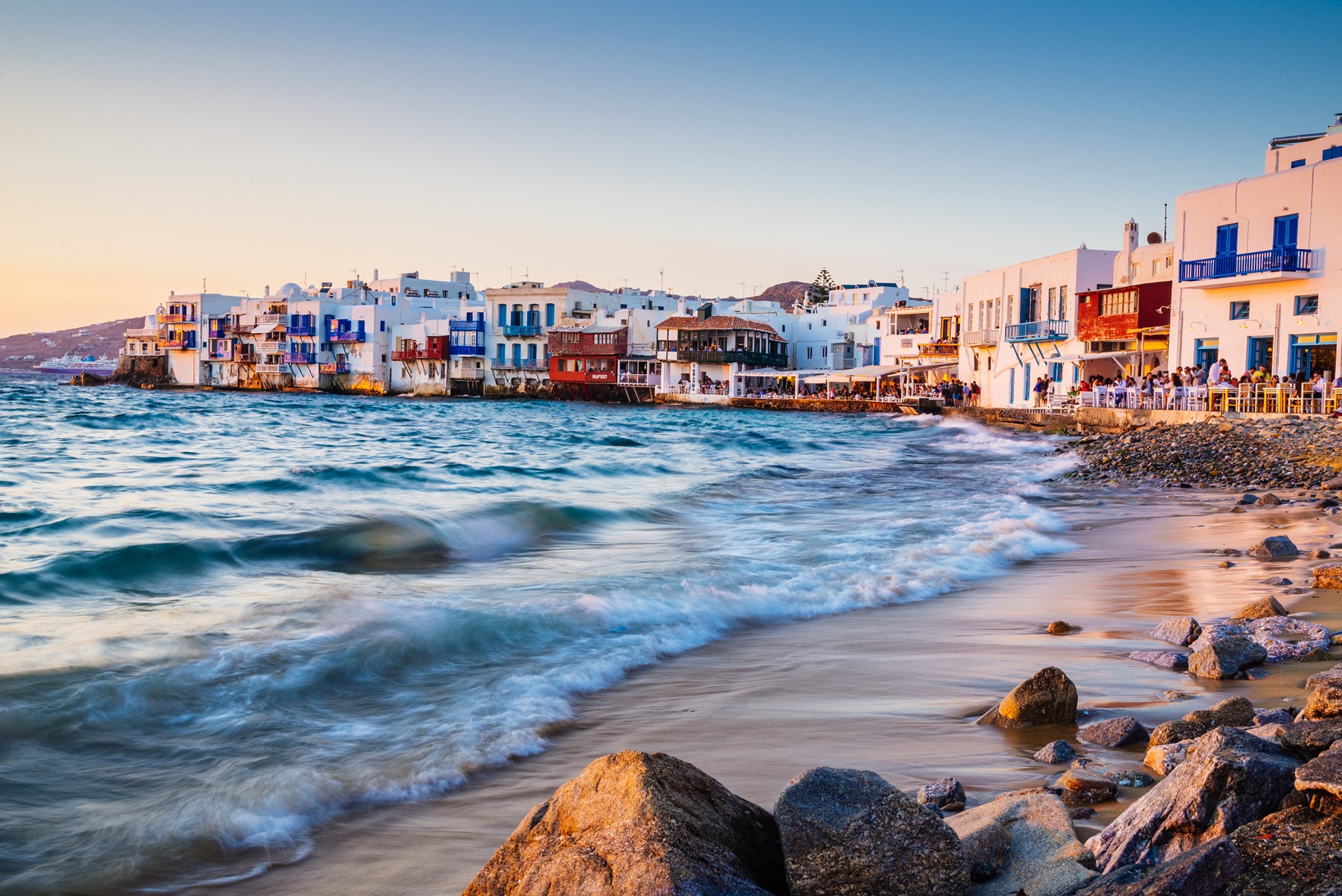Written by Vasilis Margaras,
On the occasion of World Tourism Day on 27 September, the European Parliament is organising a high-level conference under the initiative of its President, Antonio Tajani, to promote a European strategy on tourism as a key driver of growth and job creation.

Directly and indirectly, tourism already accounts for some 10 % of GDP and jobs in Europe. Tourism also generates spin-offs in other key sectors, such as retail, agriculture and food, transport, construction, cultural and creative industries, textiles, and shipbuilding. According to the World Tourism and Travel Council, more than 5 million new jobs linked to tourism may be created in the European Union over the next 10 years. Therefore, the prospects of the tourist sector are of vital importance to the EU economy.
The European Parliament is very active in this area, through the work of its Committee on Transport and Tourism, a dedicated Task Force, the Intergroup on Tourism, and other relevant committees. The European Parliament has adopted a number of resolutions calling for specific EU policy actions in the field of tourism.
The European Parliamentary Research Service (EPRS) has prepared a number of publications in the field of tourism, which will be provided during the conference. The briefing on Major challenges for the tourism industry and policy responses highlights the main issues that affect the sector of tourism and provides a number of recommendations from the European Parliament and other advisory bodies. The tourist industry continues to face a number of challenges and mounting competition, including from emerging non-European destinations, whose share in the global tourist market is gradually increasing. Diversification and upgrading of tourist services is necessary to maintain Europe’s position as a competitive tourist destination. As tourism intertwines with various policy areas, visa policies, protection of consumer rights, transport connectivity and safety are also of considerable importance to the growth of the sector.
One of the issues that requires serious consideration is the impact of tourism on the environment, which is tackled in the publication on Sustainable tourism: the environmental dimension. New business opportunities in the sector are analysed for the Tourism and the sharing economy briefing. Furthermore, the liberalisation of air transport and the development of low-cost carriers has led to lower fares and wider access to air transport, which, in many countries, is a catalyst for tourism development. The EPRS briefing on Low cost air carriers and tourism provides basic information on this particular issue.
No specific EU fund is dedicated to tourism as such. However, a number of EU funds may be harnessed in support of tourism-related activities. The EPRS note on Sources of EU funding for tourism-related activities provides a short overview of the principal potential sources of EU funding for different actors, such as public bodies, companies, SMEs, research organisations, universities, non-governmental organisations, and tourism cluster initiatives. Furthermore, following a recommendation from the European Parliament, 2018 will be dedicated to celebrating European cultural heritage and its role in the continent’s shared history and values. This EU-wide commemoration of our shared heritage may also be used to provide further opportunities for the tourism sector and to boost the number of tourists across the EU.
See more information about the High-Level Conferences in the European Parliament.








[…] Source Article from https://epthinktank.eu/2017/09/26/a-european-strategy-to-enhance-the-competitiveness-of-the-tourism-… […]